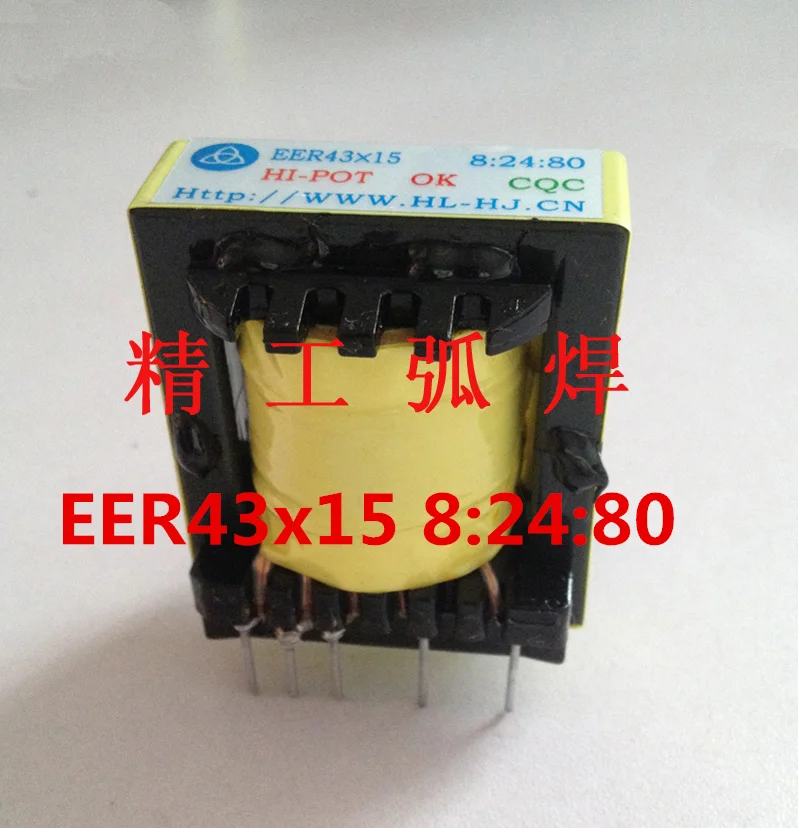BGAmodzX
Member
Hello everybody.
I will give you a little glance of my current profile.
I have two diplomas in manufacturing process techniques even though in shoes it can be applied to many forms of products.
Another diploma in automated systems maintenance.
My current occupation is a welding machine maintenance agent working solo.
Now i want to try my luck into manufacturing a welding inverter be it IGBT based or MOSFET based or any other semiconductor technology.
But i need some material as well as the stuff i need to study or test in my work bench.
I know this may be off topic but i must say that after finishing my two diplomas i got sick and had a mental illness for a couple of years which required treatment of course.
But now i am ready to get back on track despite my hesitation.
Here is some pics :
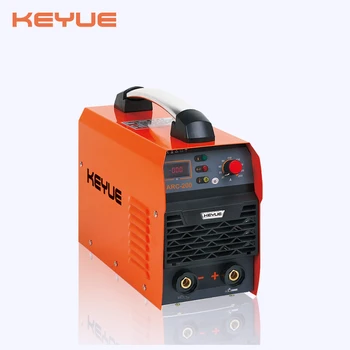
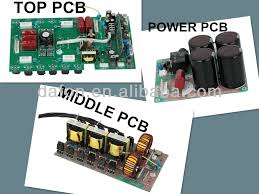
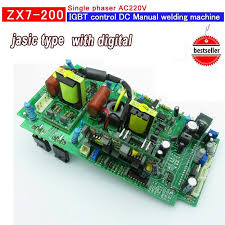
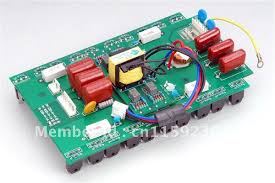
I will give you a little glance of my current profile.
I have two diplomas in manufacturing process techniques even though in shoes it can be applied to many forms of products.
Another diploma in automated systems maintenance.
My current occupation is a welding machine maintenance agent working solo.
Now i want to try my luck into manufacturing a welding inverter be it IGBT based or MOSFET based or any other semiconductor technology.
But i need some material as well as the stuff i need to study or test in my work bench.
I know this may be off topic but i must say that after finishing my two diplomas i got sick and had a mental illness for a couple of years which required treatment of course.
But now i am ready to get back on track despite my hesitation.
Here is some pics :


